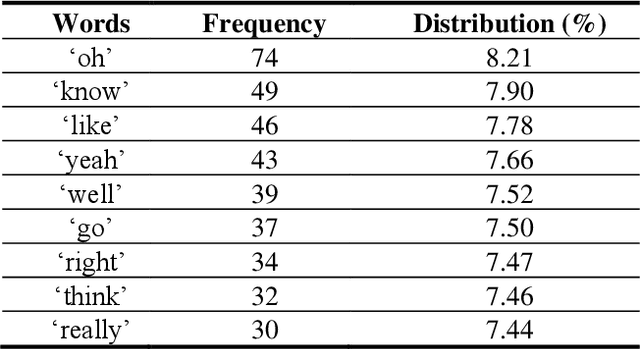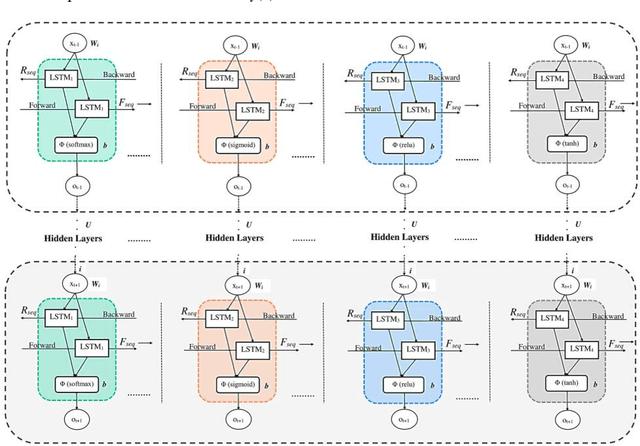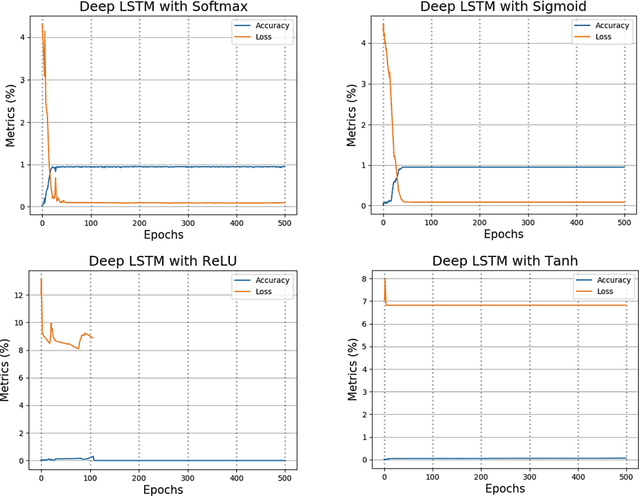Parallel Deep Learning-Driven Sarcasm Detection from Pop Culture Text and English Humor Literature
Paper and Code
Jun 10, 2021



Sarcasm is a sophisticated way of wrapping any immanent truth, mes-sage, or even mockery within a hilarious manner. The advent of communications using social networks has mass-produced new avenues of socialization. It can be further said that humor, irony, sarcasm, and wit are the four chariots of being socially funny in the modern days. In this paper, we manually extract the sarcastic word distribution features of a benchmark pop culture sarcasm corpus, containing sarcastic dialogues and monologues. We generate input sequences formed of the weighted vectors from such words. We further propose an amalgamation of four parallel deep long-short term networks (pLSTM), each with distinctive activation classifier. These modules are primarily aimed at successfully detecting sarcasm from the text corpus. Our proposed model for detecting sarcasm peaks a training accuracy of 98.95% when trained with the discussed dataset. Consecutively, it obtains the highest of 98.31% overall validation accuracy on two handpicked Project Gutenberg English humor literature among all the test cases. Our approach transcends previous state-of-the-art works on several sarcasm corpora and results in a new gold standard performance for sarcasm detection.
 Add to Chrome
Add to Chrome Add to Firefox
Add to Firefox Add to Edge
Add to Edge